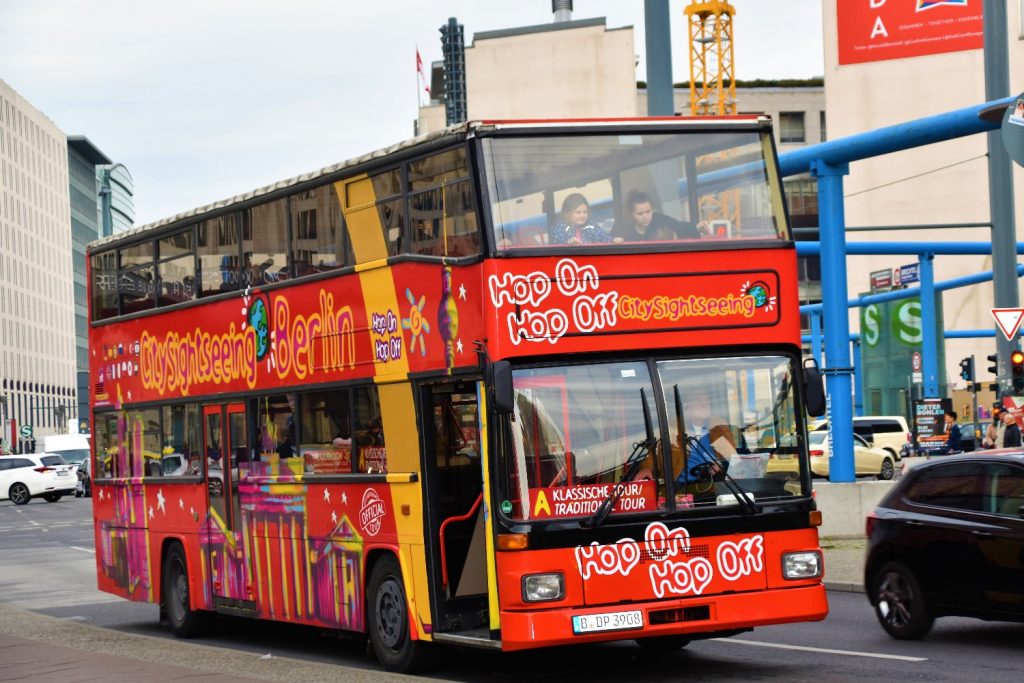My doctoral diary (part two)

About the author
Miriam Pelusi is approaching the mid-point of her six year doctoral programme at Leeds Beckett University.

I am using my PhD to become an ethnographer in public relations, and I’d like to share my intellectual journey with you.
At the beginning of the third year of my part-time PhD, I decided to focus on the ethics of dialogue in public relations. I investigate the missing information, and update the literature where possible.
Dialogue is an abstract concept, meaning that it is difficult to explain it concretely. Conceptualising dialogue abstractly, without giving a clear example, is therefore difficult. When I attempt to grasp the meaning of dialogue, I am feeling it is like touching the sky: it exists however I cannot really touch it. There is not an agreed definition of this term, and this relativism can be elusive for scholarly work. Failing that, I’ve taken up the reins as a researcher. I initially used my intuition, and I turned this interpretative difficulty into a research opportunity to raise intellectual issues in my chosen field.
I felt, as a PR researcher, that I needed to be grounded in social anthropology, which allows me to see the human nature of dialogue. Following that, it was ethnography that made me think that I could contribute to the theorisation of dialogue in public relations by proposing a meso-level theory, which investigates dialogue in a specific context. I found a microcosm, which I thought was worth studying.
Dialogue has a grey area: it can be manipulative. The problem exists for: patronising behaviour, distortion of the facts, arbitrariness, implied criticism, abuse of power. It can lead to bullying, corruption, and subsequently undermine equality and therefore social justice.
By this stage, philosophy helped me to think ethically about dialogue. Inspiration came from Socratic dialogue, which was used as a maieutic art against the relativism of the Sophists. Habermas helped me to see the argumentation in the discourse. I use discourse analysis to see through the data in the fieldwork.
I started to be naturally mindful about dialogue in my daily life. There is an ever-expanding body of evidence about dialogue in the soundscape of people’s life. I developed the ability to immerse myself in real-life stories. I spent my time observing conversations on the bus, or while walking. I captured these street-style photographs of conversations in my research diary. Naturalistic observations, and in-depth reflections are recorded in documentary style. For an ethnographer, this is data collection.
I carry on observing conversations. The coronavirus lockdown has confirmed my hypothesis that dialogue is a biological need: it is looking like dialogue is a key part of the natural process of life.
I fell in love with ethnography during my BA in Communications Studies at the University of Bologna in Italy. We studied ethnography applied to media, or social interactions. In England, I’m learning to apply ethnography for studying organisations, with a focus on management. Ethnography reduces the costs spent in research; the onus is on the ethnographer to lead the study. For this reason, I’ve been investing in my development as a researcher in order to be very professional and competent.
My ethnographic approach is to be involved but detached to a certain extent. This allows me to be experimental, and artistic at the same time. A rigorous scientific approach is combined with the art of noticing and storytelling. I am currently designing a pilot study to test and improve this approach.
I am particularly invested in autoethnography: I use my personal experience. The dialogue within myself is a key aspect of my research. I use my reflections as an opportunity to learn: a researcher never stops learning. There are ethical difficulties, such as bias, feelings of obligation, pressure, and conflict of interest. As such, transparency related to the research process is key. With reference to the GDPR, the implications of data security are considered. In terms of transparency, clarity is based on logical reasoning. I am also investigating trust, which is an area of development in public relations.